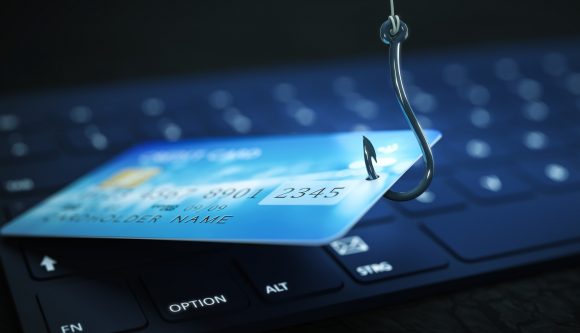
Chapman University’s IS&T has received several notifications about the existence of a phishing website (corona-virus-map[.]com) that promises up-to-date information about the coronavirus, COVID-19. Its real purpose is to infect visitors’ computers with malware. This particular site stole an image from the John Hopkins interactive map and will only compromise unpatched Windows systems.
Risk for Malware Attacks
We can expect other malicious actors to use the current concern about COVID-19 to spread all kinds of malware, via links in email, dangerous attachments, or infected websites. Some malware will aim for financial gain by installing ransomware or stealing credit card information. Other malware will quietly establish a presence on our network for hackers – potentially sponsored by foreign states – to attack other systems.
As always, please be careful about opening any message, link or document that arrives unexpectedly, comes from an unknown source, or leads to a novel destination. Alarmist language, typos and/or inconsistencies can be indicators that malware is involved. If you have any concerns about the validity of a message, check with the sender first or contact our IT help desk.
Stay Informed About Coronavirus
- Chapman University is providing updated information for staff, faculty and students. Please visit Chapman’s Coronavirus: Updates and Resources page for new developments related to the Chapman community.
- Updates specific to Orange County are available at the Orange County Health Care Agency.
- Please avoid unknown websites for other updates and consider using the Centers for Disease Control and Prevention website.
Keep calm and do not react to any emails or voicemails that try to instill panic. As always, forward any suspicious voicemails and emails to abuse@chapman.edu.



